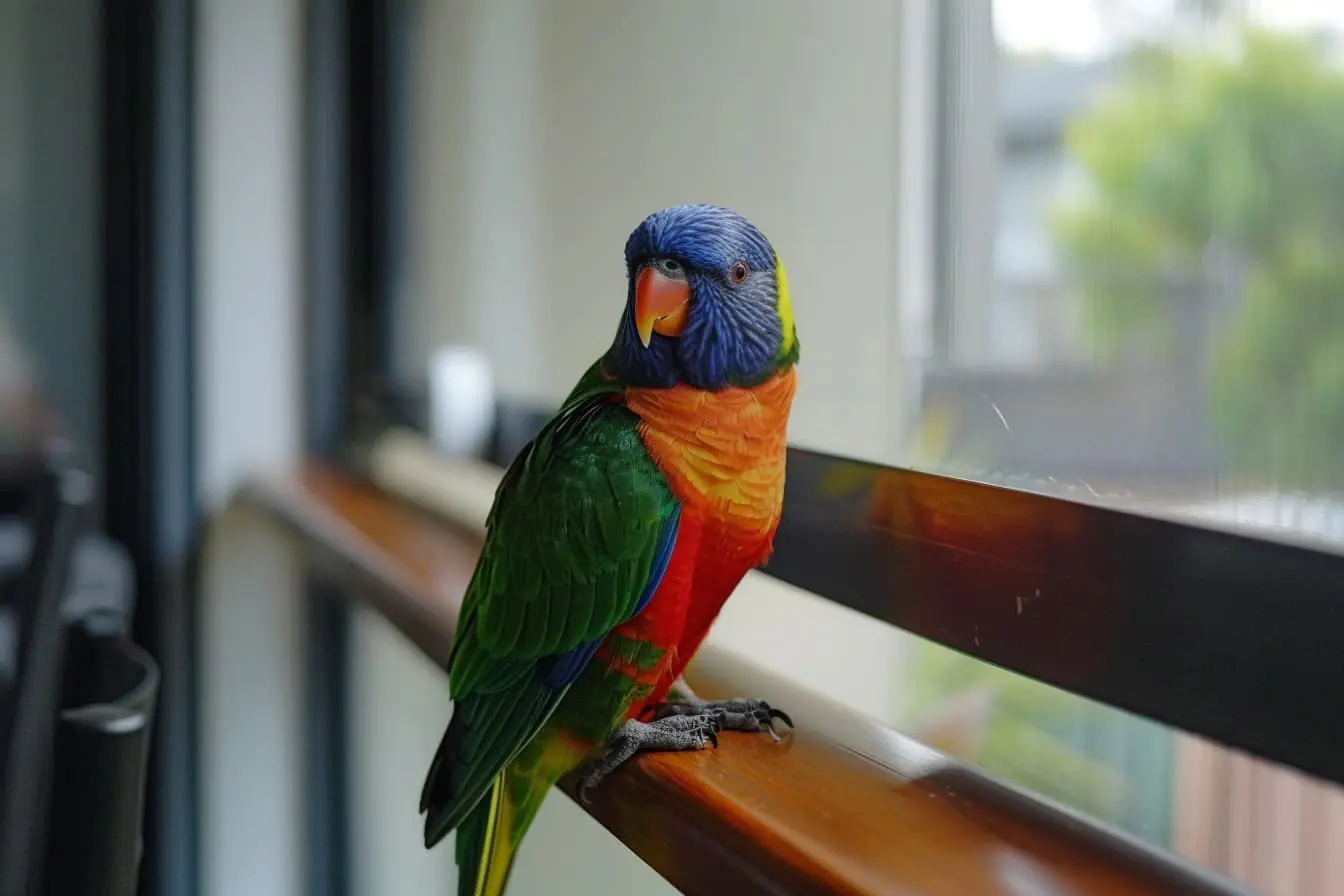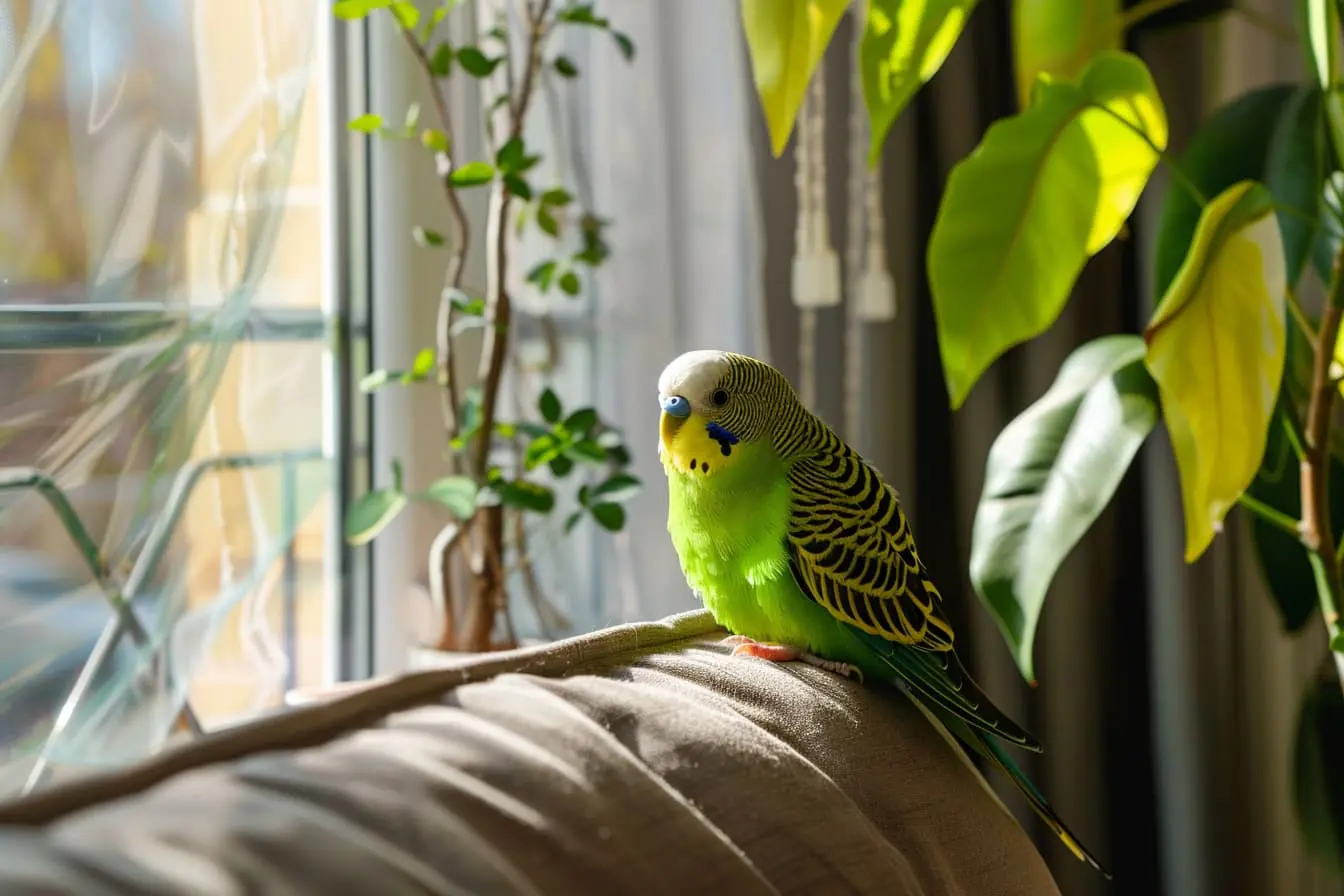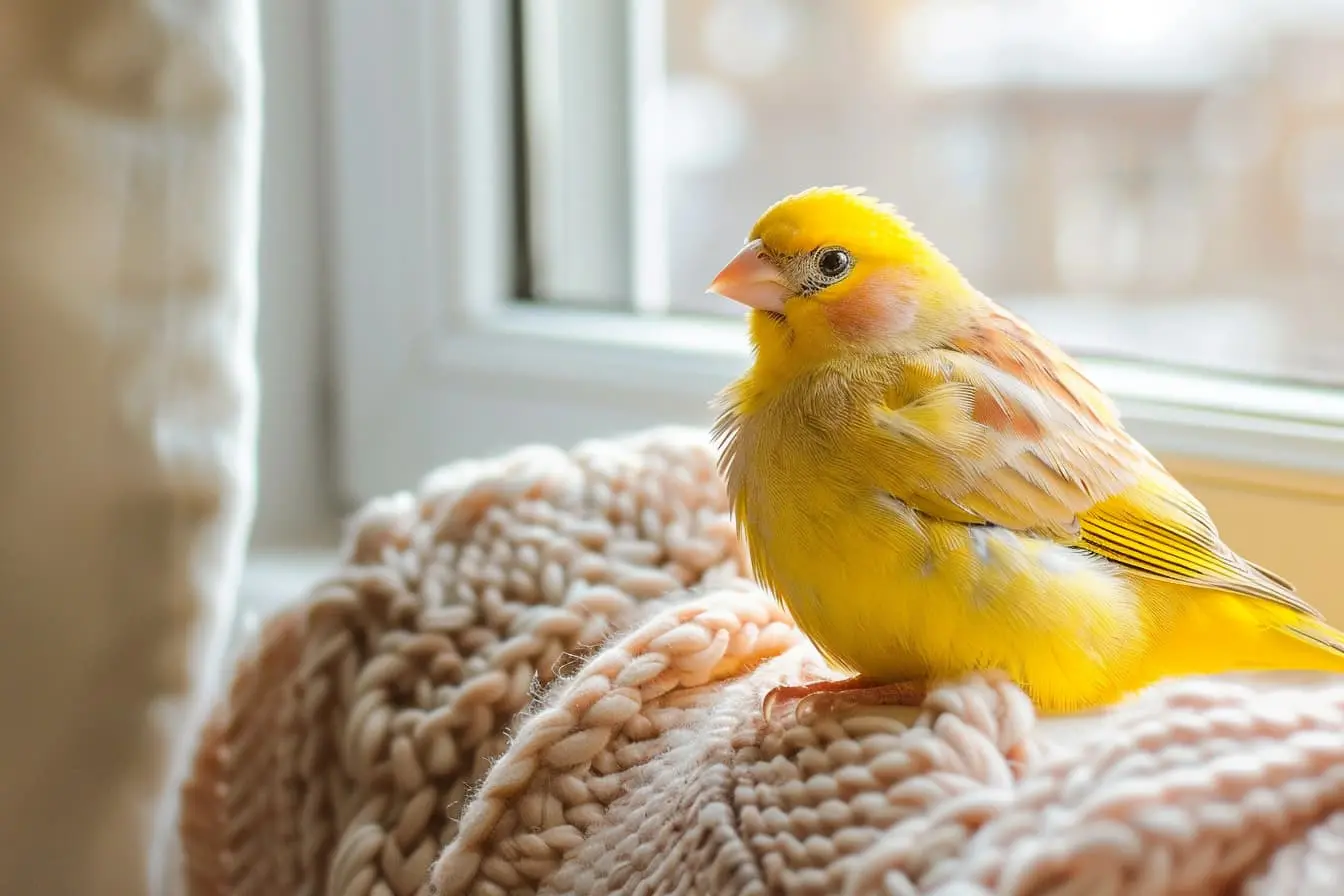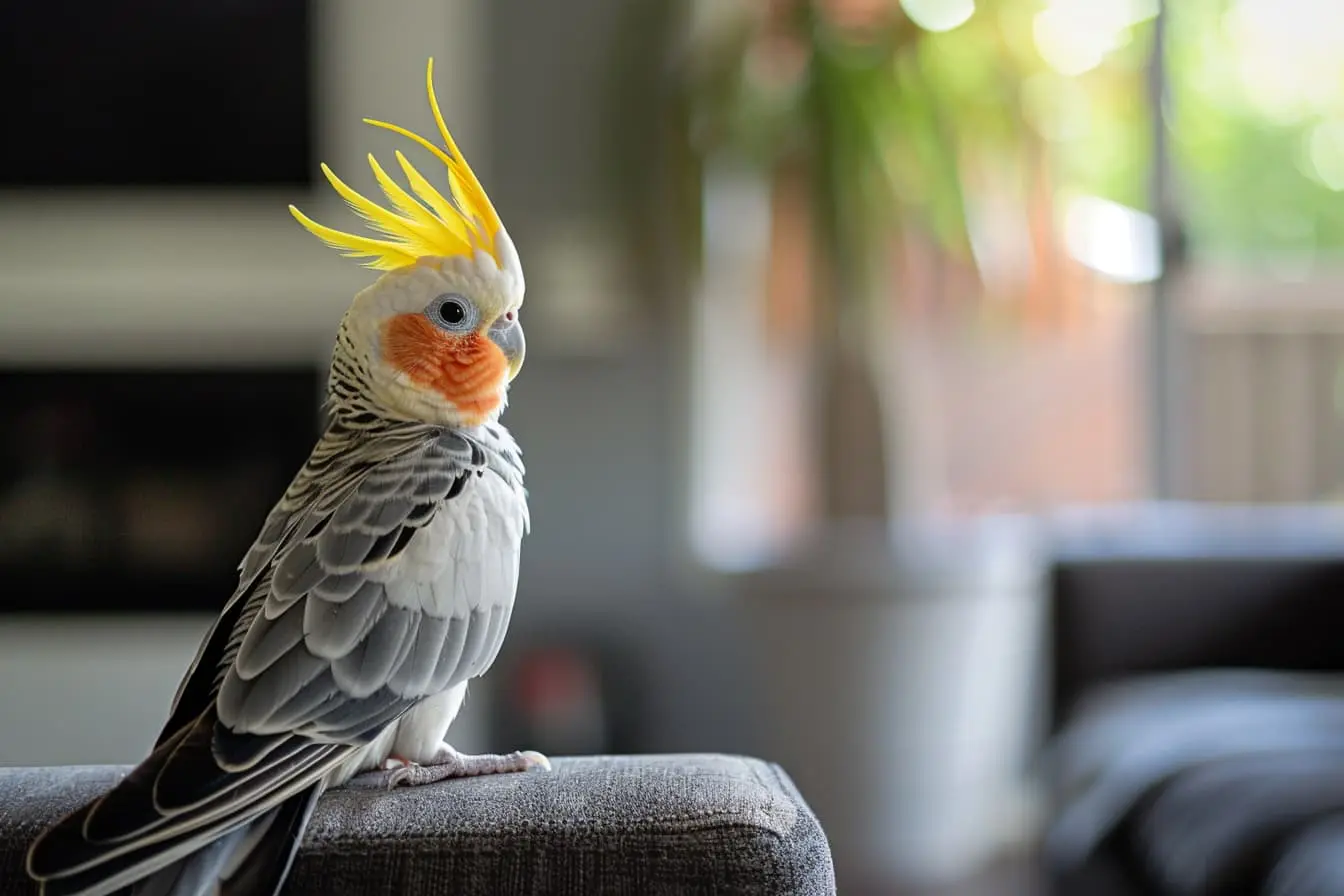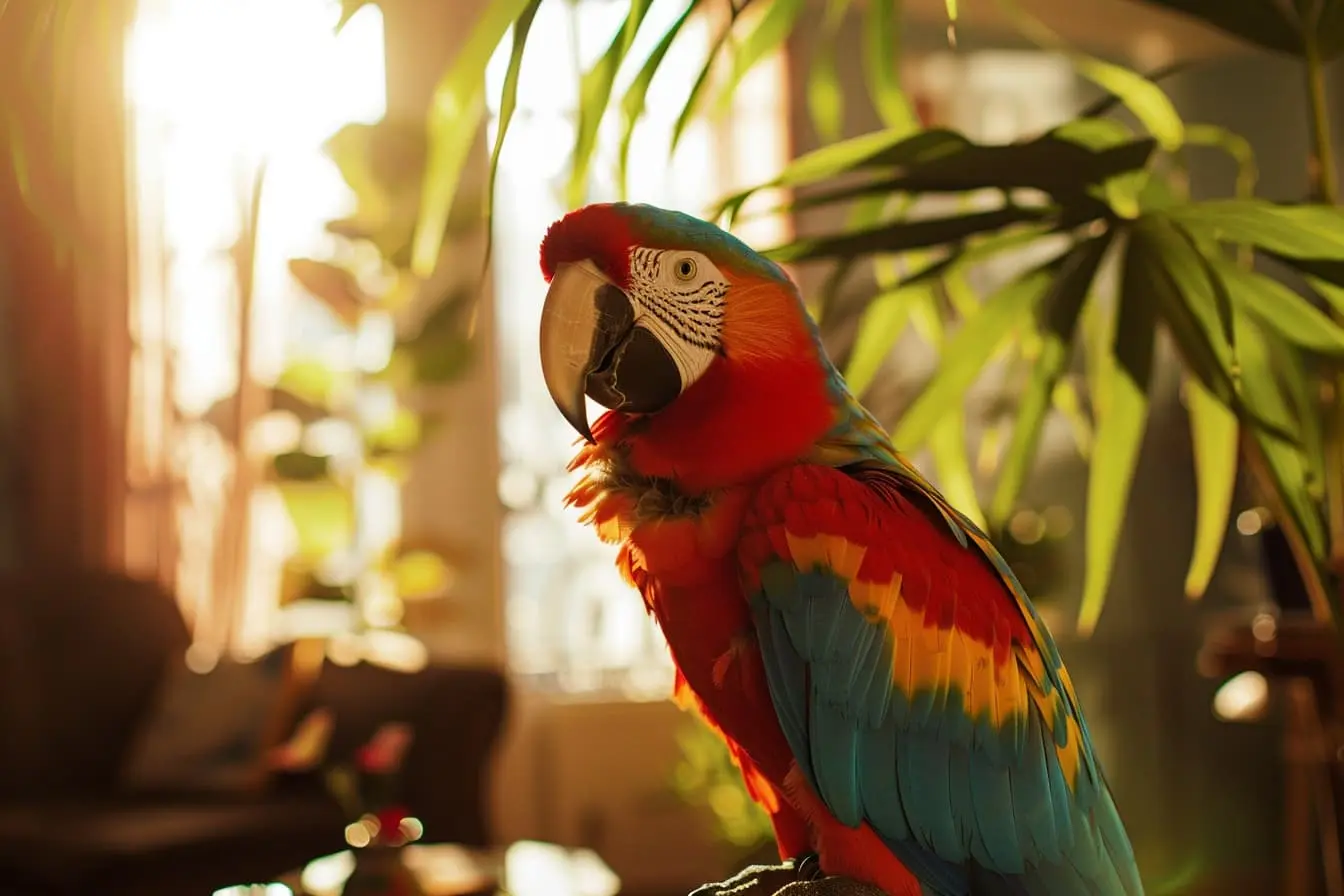
Welcome to the World of Pet Birds: A Guide for New Owners
Congratulations on your decision to welcome a pet bird into your home! Birds make incredibly rewarding companions, known for their vivid personalities, social nature, and sometimes even their ability to talk. However, caring for a bird is significantly different from caring for a cat or dog. This guide will help new bird owners understand the basics of bird care, including choosing the right bird, setting up your home, legal considerations, and maintaining a happy, healthy bird.
Choosing the Right Bird
Types of Birds
When it comes to pet birds, there are several popular options, each with its own needs and characteristics:
- Budgerigars (Budgies): Small, friendly, and relatively easy to care for, making them ideal for first-time bird owners.
- Cockatiels: Known for their crests and charming personalities, they require a bit more interaction but are great companions.
- Parrots: Including varieties like African Greys and Amazons, parrots are highly intelligent and can mimic speech but may require more attention and stimulation.
- Canaries and Finches: These birds are smaller and generally prefer not to be handled, but they are beautiful and can be quite social within their species.
Considerations
- Space: Larger birds will require larger cages and more space to exercise.
- Time: Some birds, particularly parrots, require significant interaction daily.
- Budget: Consider the cost of the bird itself, as well as ongoing expenses for food, toys, and vet care.
Setting Up Your Home
Cage Requirements
- Size: Ensure the cage is large enough for your bird to stretch its wings and move around comfortably.
- Location: Place the cage in a social area away from drafts and extreme temperatures.
- Safety: The cage should be made of non-toxic materials and have appropriate bar spacing to prevent escape or injury.
Essentials
- Perches: Provide various perch sizes and materials to keep your bird's feet healthy.
- Toys: Toys are crucial for mental stimulation and physical exercise.
- Food and Water: Invest in quality bird food specific to your bird's species and provide fresh water daily.
Legal and Health Considerations
Wildlife and Countryside Act 1981
In the UK, certain bird species are protected under the Wildlife and Countryside Act 1981. Make sure your pet bird is not a protected species, or if it is, that you have the proper documentation and licensing.
CITES
For exotic species, check if your bird is listed under the Convention on International Trade in Endangered Species (CITES). You may need additional permits to own such a bird legally.
Regular Vet Visits
Find a vet who specialises in avian care. Regular check-ups are essential to maintain your bird's health and catch any issues early.
Daily Care and Interaction
Interaction
Most birds are social creatures:
- Spend time each day interacting with your bird through talking, training, and play.
- Consider their social needs — some birds may require a companion to stay happy.
Feeding
- Provide a balanced diet that includes seeds, pellets, fruits, and vegetables appropriate for your bird's species.
- Avoid toxic foods like avocado, chocolate, and caffeine.
Cleaning
- Clean the cage regularly to prevent the buildup of waste and bacteria.
- Wash food and water containers daily.
Conclusion
Owning a bird can be a delightful experience, bringing a lot of joy and vibrancy to your home. With the right preparation and care, your new feathered friend will thrive and become a cherished member of your family. Remember, the key to a successful relationship with your pet bird lies in understanding and catering to their specific needs. Happy birding!
Vets near you
Speciality vets
- Aquatics vet specialists
- Birds vet specialists
- Camelids vet specialists
- Cats vet specialists
- Cattle vet specialists
- Deer vet specialists
- Dogs vet specialists
- Equines vet specialists
- Exotic vet specialists
- Goats vet specialists
- Pigs vet specialists
- Poultry vet specialists
- Sheep vet specialists
- Small Mammals vet specialists
- Wild vet specialists
Vet facilities
- Accessible by public transport
- Blood testing
- Car park nearby
- Client car park
- Dentistry
- Diagnostic imaging
- Disabled public access
- Flea and worm treatments
- Microchipping
- Mobile services
- Neutering
- Open at weekends
- Out-of-hours service
- Referral interests
- Referrals only
- Street parking outside
- Toilets available
- Vaccinations
